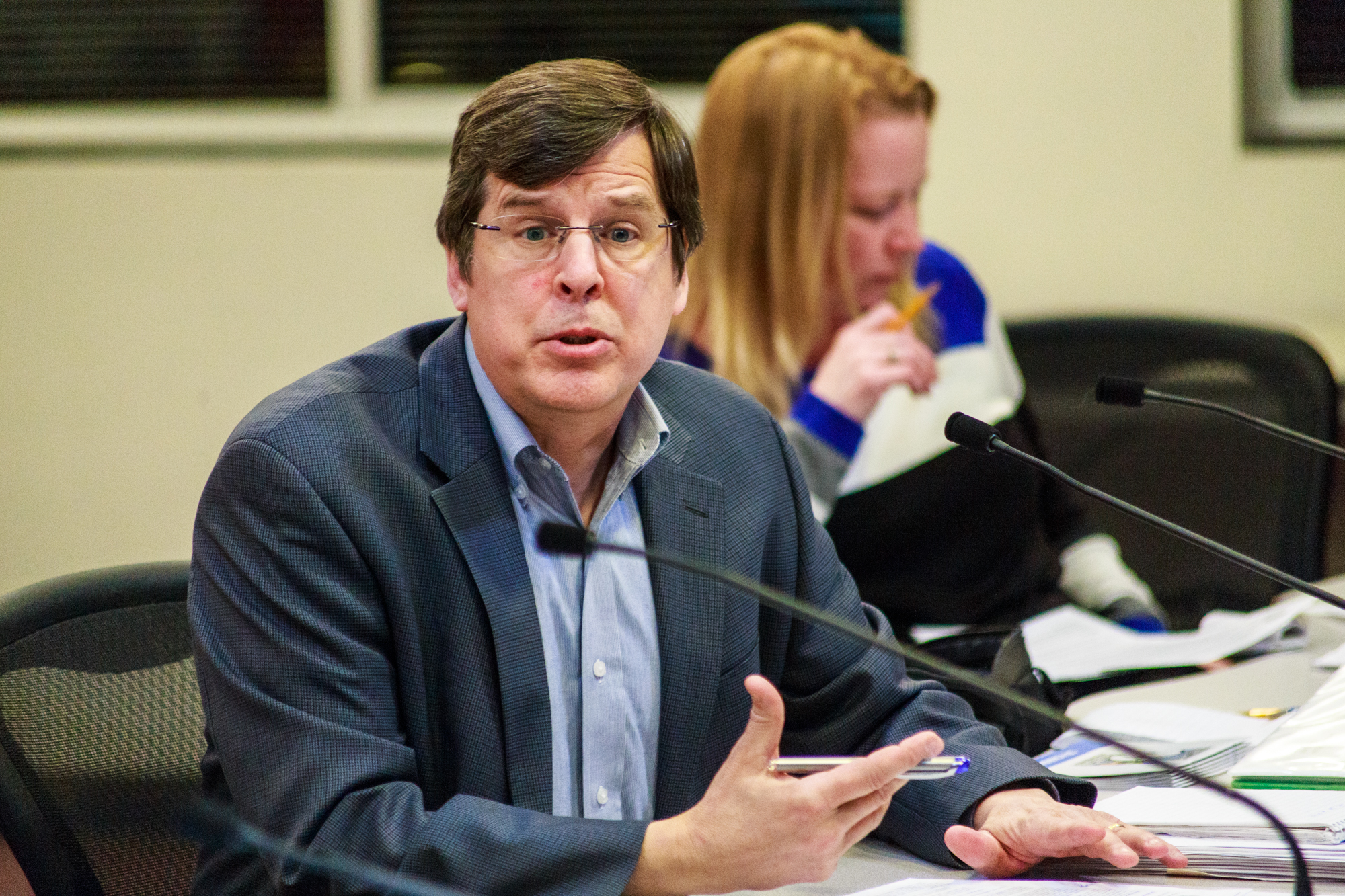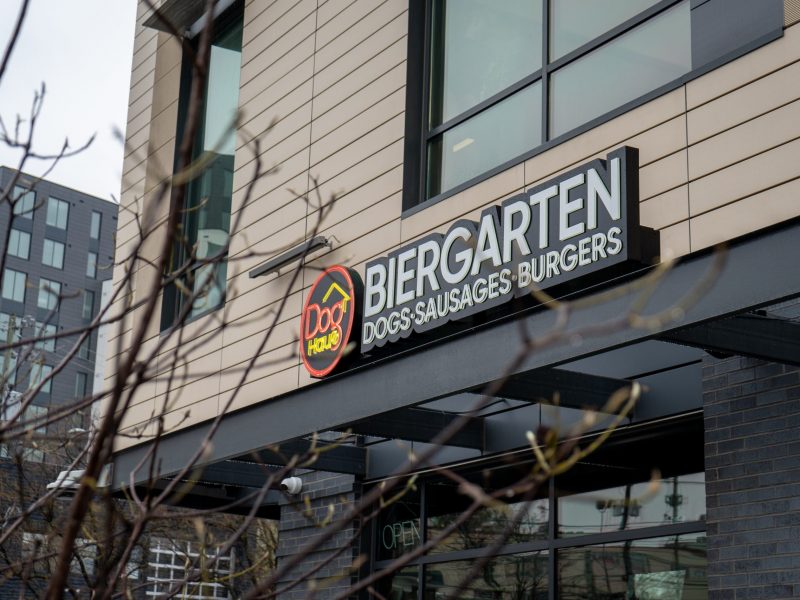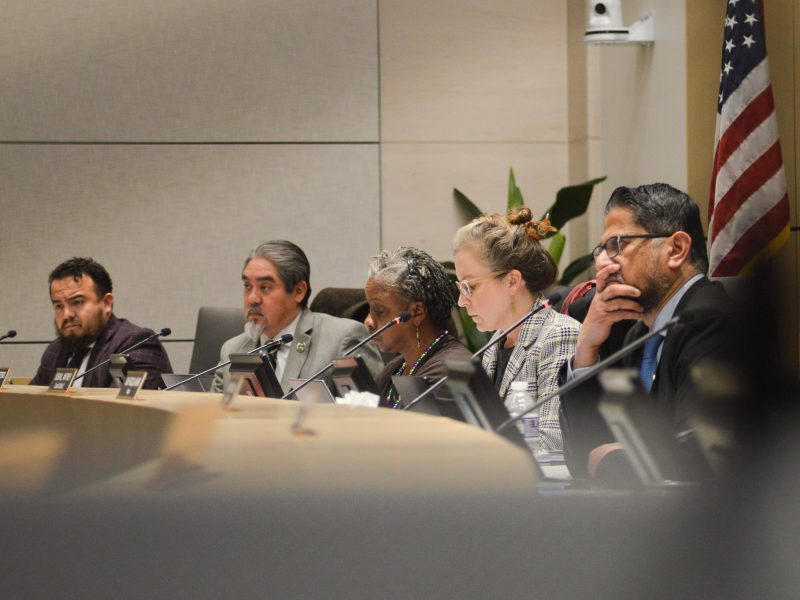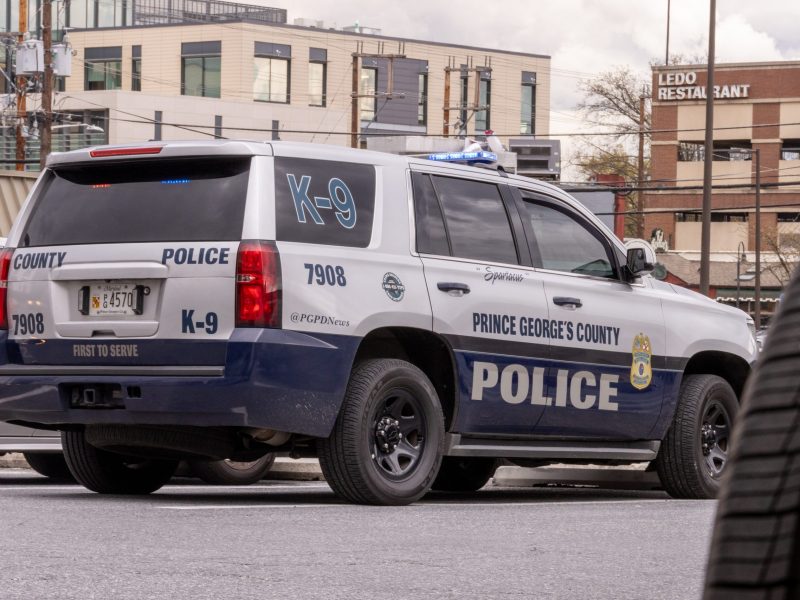An effort by College Park and the University of Maryland would allow for companies in an area near the university to receive tax breaks, which officials hope will bring more businesses to the region.
College Park is applying to the Regional Institution Strategic Enterprise Zone program, which sets off a geographic area that is anchored by a “qualified institution and is targeted for increased economic and community development,” according to the state Department of Commerce website.
The commerce department already approved this university as a qualifying institution in September, Edward Maginnis, the university’s assistant vice president for real estate, wrote in an email.
The initial approval means the city is eligible for a RISE Zone, but the university, the city, Prince George’s County and Riverdale Park now must agree on the zone’s boundaries and again apply to the commerce department for approval.
If approved, the RISE Zone classification would go into effect in the designated area for five years, allowing for tax breaks and tax credits for businesses in the zone.
Ken Ulman, chief strategy officer for economic development, said this program is “really important for the Greater College Park initiative.”
“Essentially, the passing of the RISE Zone means that in state law, the state of Maryland is clearly saying communities that are anchored by a university are unique,” Ulman said. “They have the ability to catalyze job creation in a unique way, and we ought to create a zone around them and begin to layer on incentives for economic development, job creation related to the university and that community.”
This development will add to the “rising buzz” surrounding College Park, said university President Wallace Loh.
“It’s deemed to be one of the most dynamic places for real estate development and economic development in Prince George’s County,” Loh said. “But, when you on top of that make available state financial incentives, that’s icing on the cake. Very important icing. It will enable us to attract even more, and so all I can say is that I’m very grateful to the legislature for having passed that piece of legislation.”
College Park Mayor Patrick Wojahn also said he is looking forward to working with private companies that could come to the city for the various financial incentives from the RISE Zone program.
“They get a range of tax breaks — property taxes [and] income taxes,” Wojahn said. “There’s a whole array of financial incentives, and that will just add to the incentives that they already have being located close to the University of Maryland, other government areas, and the other amenities, [including] the transportation network and the Metro.”
However, some City Council members, such as Christine Nagle, said they would like to know more information about the program before approving it.
“The fact that we don’t know what the criteria [for businesses eligible for the tax credits] are yet makes it hard for me to say, ‘Let’s jump in,'” Nagle said.
The university is working with the city to formally determine the zone’s boundaries, Ulman said.
Wojahn said he is excited to see this project move forward because it “presents a great opportunity.”
“It’ll help us target our reinvestment in certain areas where we want to see new research innovation take place,” Wojahn said. “It will encourage companies that are looking for a long-term place to stay. It’ll bring more jobs to the community and tie in well with the university’s work with trying to promote innovation and new businesses in the city.”
This project is another example of the ongoing collaboration between College Park and this university. Although the university applied for this program, it cannot proceed without the support of the city, Wojahn said.
“It is a conjoined effort,” Wojahn said. “It’s something that we’ve been looking at especially with the partnership to do together.”
Wojahn also said the council will consider passing a resolution on the RISE Zone during its meeting on Tuesday.
The University of Maryland, Baltimore also applied for this program and completed this process. The zoning for this university was “very small, less than a city block in their BioPark,” Maginnis said.
“We’re nearing the end of phase two of the process,” Maginnis said. “There’s a little bit of back-and-forth with how expensive and how big [our] zoning is going to be, but I think we’re really close.”
Senior staff writers Darcy Costello and Jessie Campisi contributed to this report.



